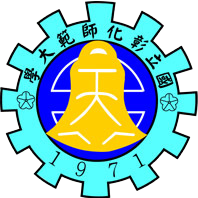SDG17.4.1 Education for SDGs commitment to meaningful education
1.The university’s social responsibility practice programme called ‘Shetou Sock Production:
To promote the upgrading of the hosiery industry in Shetou Township, Changhua and solve the problems faced by hosiery manufacturers with the resources of academic and practical experts, the institution's faculty led student teams in conducting problem identification and solution training on the sites of hosiery enterprises in order to assist manufacturers in upgrading, transforming, and building their brand. In 2021, 19 training workshops of various types were held, involving 652 participants. In addition to training industrial talent for the industry, the program provided students with professional skills and practical knowledge of the field as shown in Figures 1 and 2 below. Please visit USR program website of Shetou Sock Projects: http://usr.im.ncue.edu.tw/index.html#space2 and see Annex 17.4.1A for the supporting information.
SDGs relevance: 1. No Poverty, 8. Decent Work and Economic Growth, 10. Reduced Inequalities, 11. Sustainable Cities and Communities, 17. Partnerships for the Goals
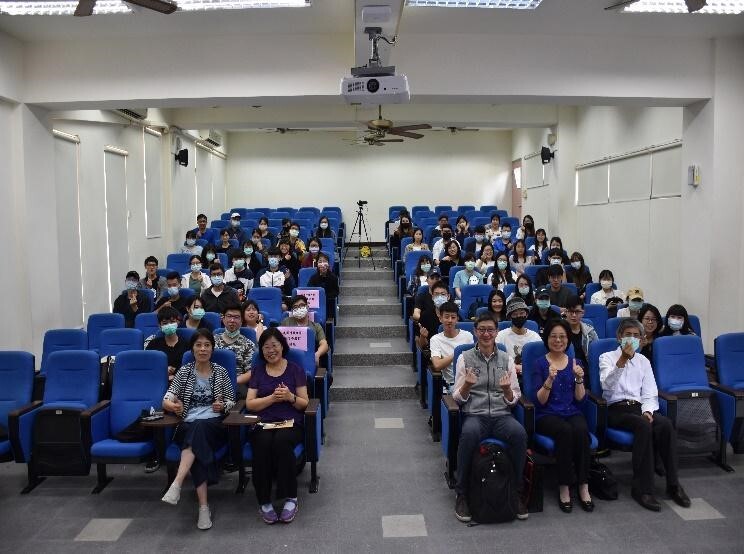
Figure 1: Social impact through thematic curriculum activities
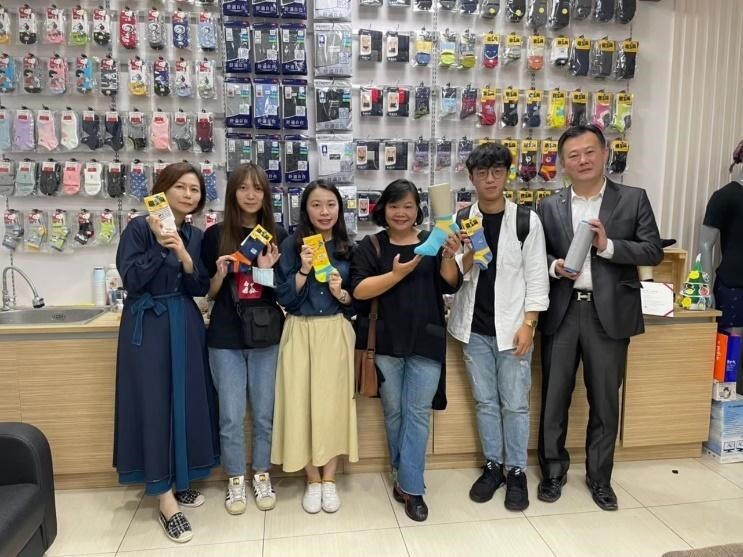
Figure 2: Student volunteer clubs visiting the manufacturers
2.In view of the sudden decline in clams and aging of the industrial population, the university’s social responsibility practice programme called ‘Deeply Cultivate Flower Gardens, Join Hands with Great Cities: Our students help resolve local problems. Sustainable Industry and Environment in Changhua Twin Cities’ has cooperated with the Changhua County Aquaculture Association. They have also signed a letter of intent to cooperate with the Aquaculture Department of the National Taiwan Ocean University as well as invited clam culture experts from this department to provide in-depth guidance. Professor Hung-chih Lai of the Department of Hydrobiology, National Chiayi University, who has expertise in water quality and sediment analysis, has also helped solve the sudden decline in clams. At the same time, our students have helped solve local problems, helped local fishers develop their skills in a friendly environment, gained experience in production and marketing, and encouraged young people to return to their birthplaces to seek employment and start businesses. In 2021, 29 workshops were related to the aquaculture industry and local cooperation, courses, visits and beach clean-ups with 2,003 participants. Please refer to Appendix 17.4.1B for supporting information. Website: https://www.facebook.com/NCUEUSR.
SDGS relevance: 8. No Poverty, 11. Sustainable Cities and Communities, 14. Life Below Water
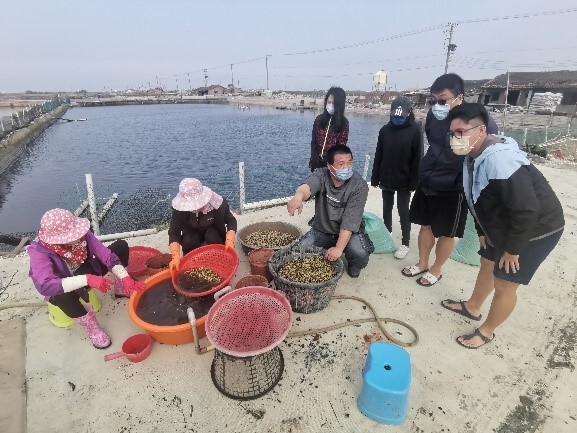
Figure 3: Water quality team interviewing the local farmers on fish farms
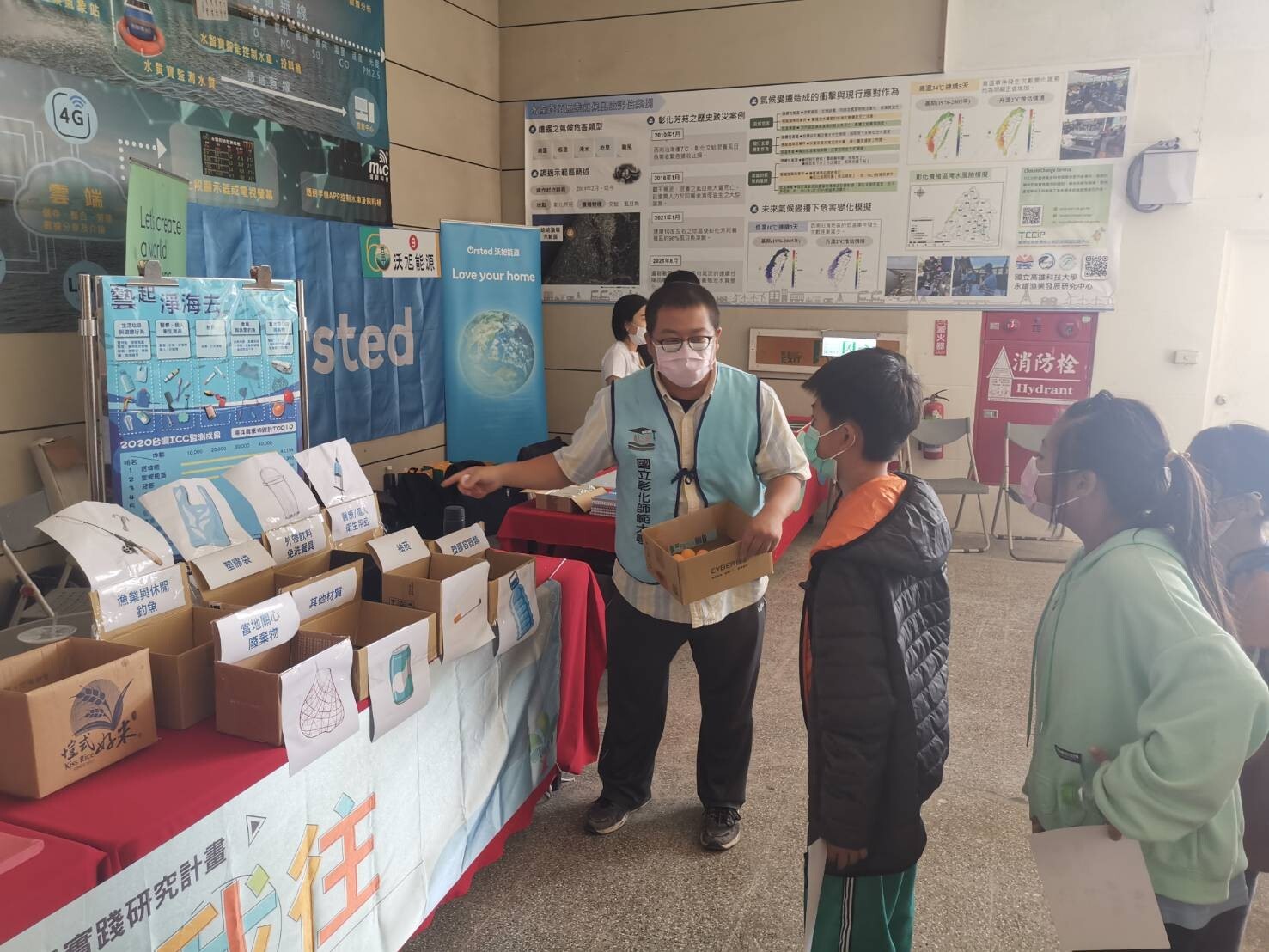
Figure 4: We are all children of the sea
3.The university’s social responsibility practice programme called ‘Baisha × Common Good Education: Programme of Deeply Cultivating Twelve-year National Education in Remote Rural Areas’ has helped address the learning gap in education in rural areas by providing quality education to reduce inequalities. The teaching team at NCUE led 79 students to eleven rural junior high schools and primary schools in four counties and cities for teaching children. In addition to the eleventeen teacher training courses, namely, ‘Secondary Education Practice and Service Learning’, ‘Interdisciplinary Teaching Application and Practice’ and ‘Teaching Professional Practice’, the summer camp held 8 empowerment workshops with 574 participants and 11 student–community meetings with 79 participants. It also produced cross-domain or interdisciplinary collaborative teaching plans. Please refer to Appendix 17.4.1C for supporting information. See the website of the Baisha × Common Good Education USR programme: https://sites.google.com/view/ncue-teach
SDGs relevance: 1. No Poverty, 4. Quality Education, 10. Reduced Inequalities
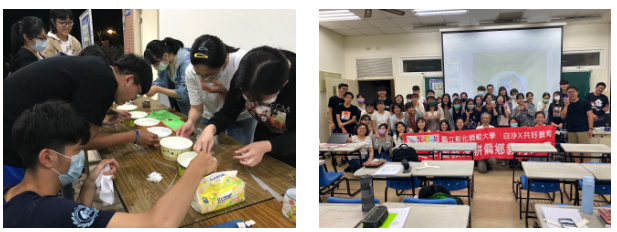
Figure 5: Second workshop (Interdisciplinary Curriculum Design) in 2021
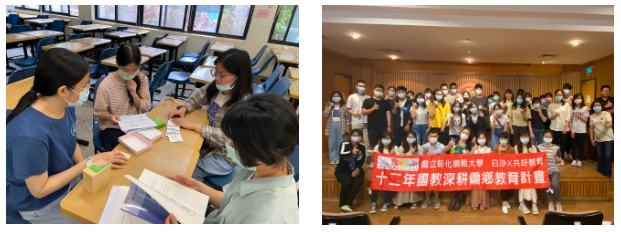
Figure 6: Third workshop (Transition Counseling and Services/Career Planning) in 2021
4.The Center for General Education has adopted the spirit of "practical action," "original thinking," "civic literacy," and "global village mindset" as its literacy curriculum. In 2020, core general education courses were offered, such as "General Courses on Marine Culture," "Understanding the Water Environment," "Introduction to Marine Life Science," "Green Energy Technology," "Hydropower and Energy Conservation and Modern Life," and "Environmental Protection and Safety and Health." Moreover, to strengthen students' understanding on sustainable environmental development and enable them to experience and learn from hands-on work, the Center for General Education offered a variety of courses, including "Environmental Education Literacy and Application," "Tribute to the Sea," “Glimpse into Changhua Culture - Fubao Ecology and Marine Culture Experience," "Coastal Ecological Resources Sustainability Workshop (Taijian National Park of Tainan City)," "Marine Conservation Education - From Plastic Picking to Plastic Reduction," and “Activities on Biodiversity Conservation Concepts." Additionally, field trips and services were arranged so that students could fully experience the importance of sustainable development in environmental education. In addition to the courses, nine general education lectures were held, attracting 508 participants. The purpose was to help students understand modern, reliable, and sustainable energy sources and enhance the concept of protecting and utilizing marine resources in a sustainable fashion. Please refer to Annex 17.4.1D for the supporting information.
SDGs relevance: 4. Quality Education, 11. Sustainable Cities and Communities, 13. Climate Action, 14. Life Below Water
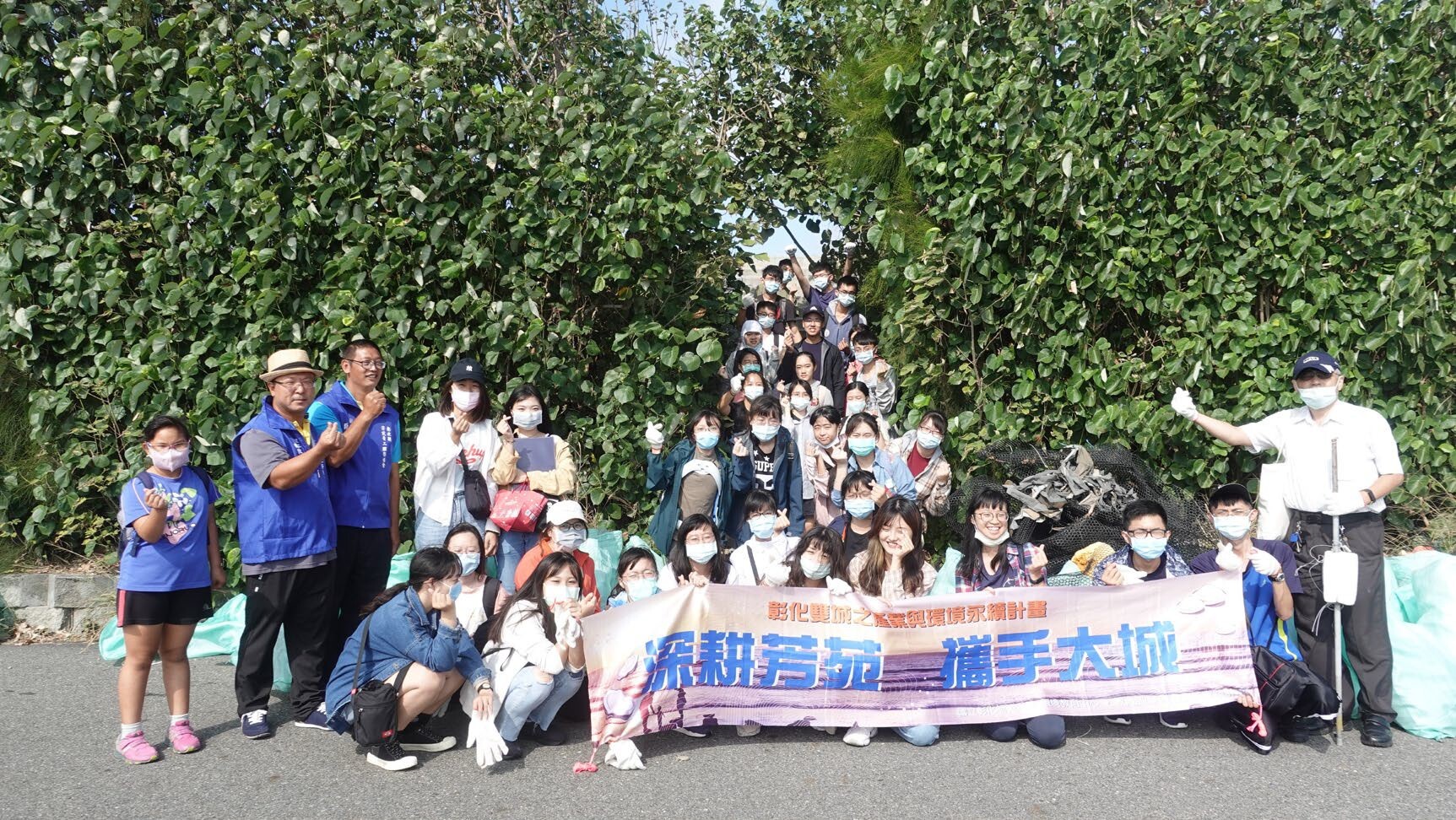
Figure 7: Marine conservation education -From plastic picking to plastic reduction
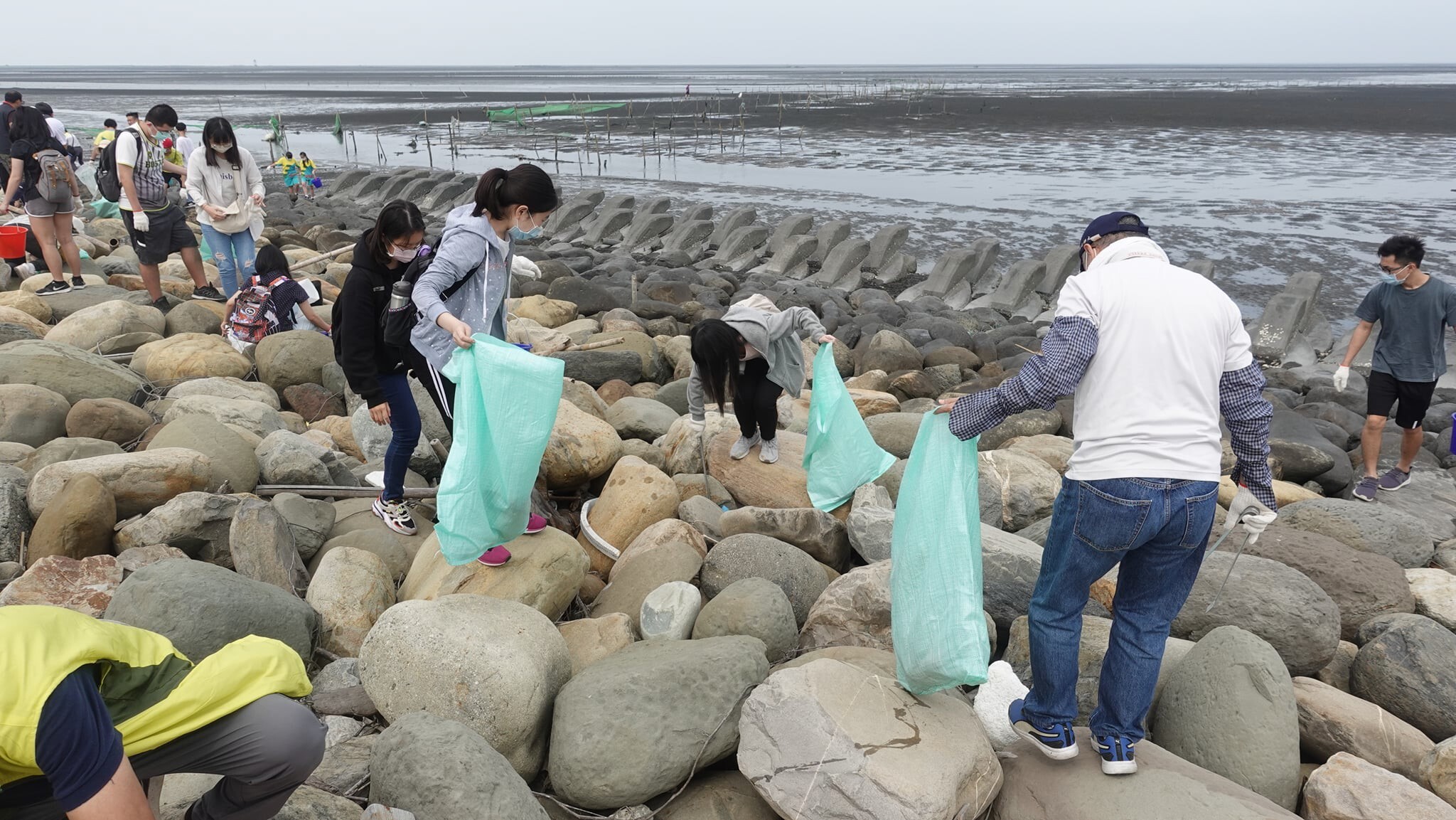
Figure 8: Micro-course title: Tribute to the Sea
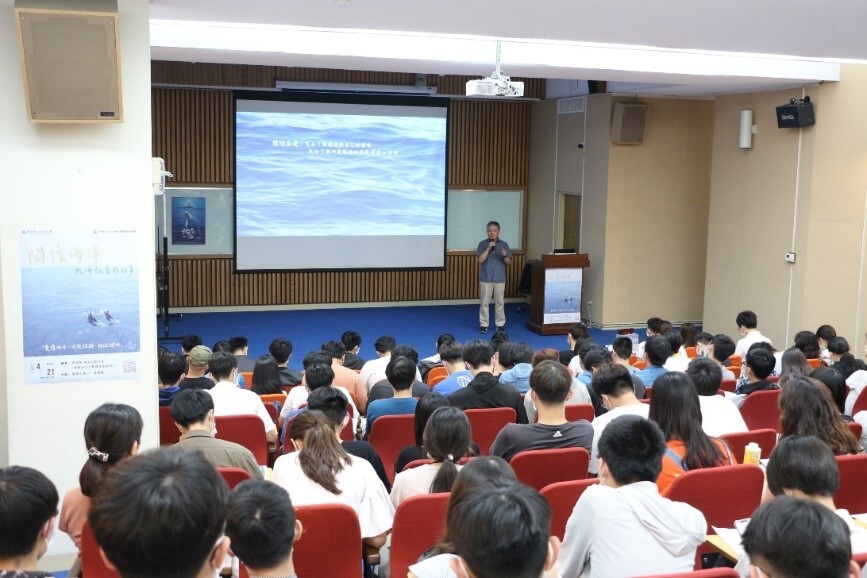
Figure 9: General studies lectures on the ocean
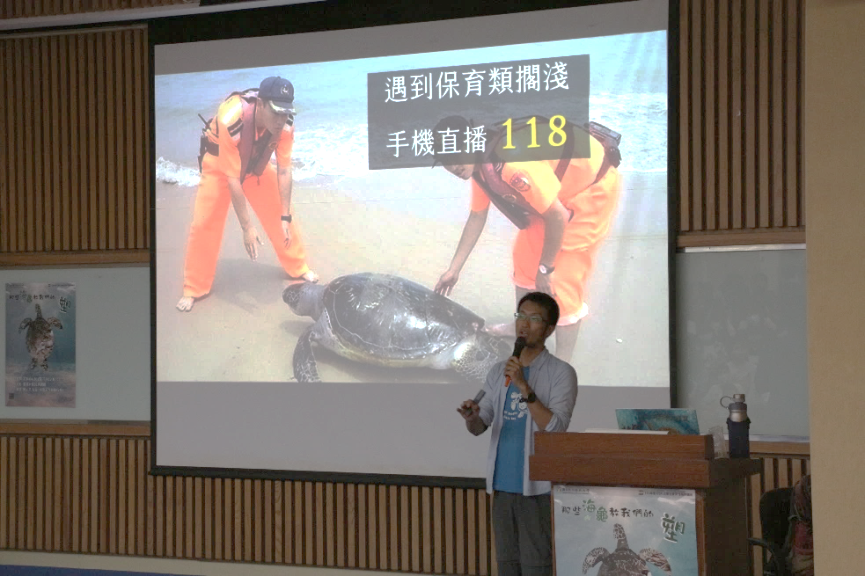
Figure 10: General studies lecture: What sea turtles tell us about plastic
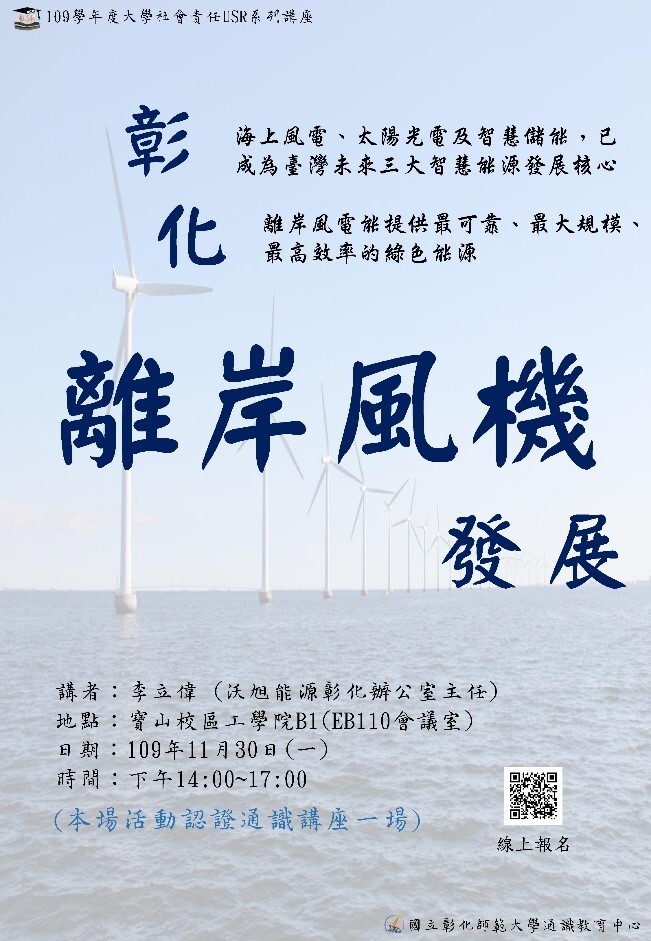
Figure 11: General studies lecture - Development of offshore wind turbines in Taiwan
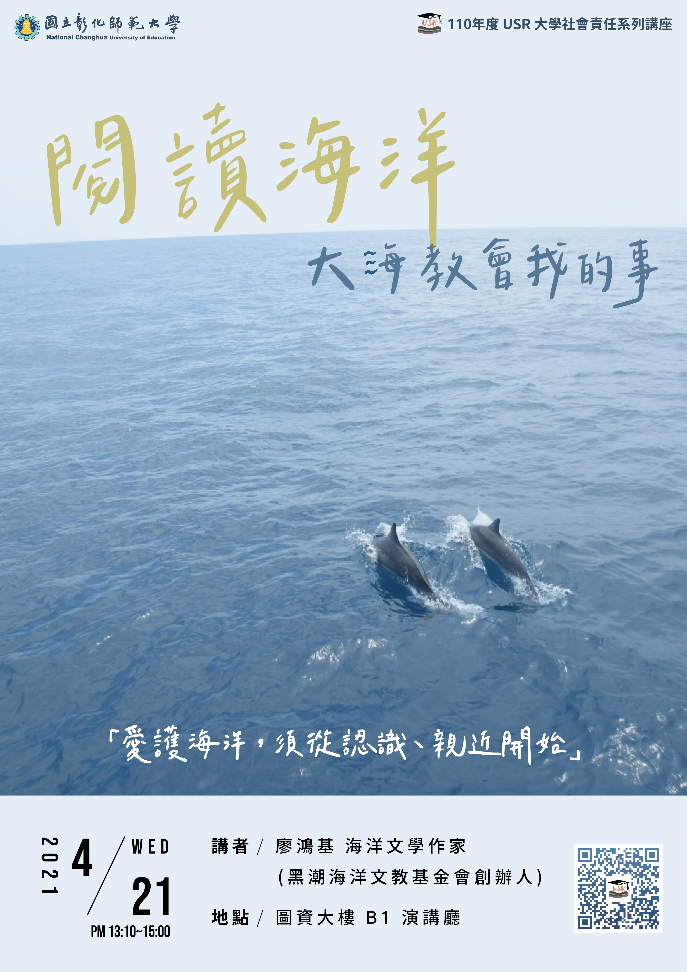
Figure 12: Promotion of ocean poster
5.The English-Medium Instruction Research Center and Language Center at NCUE promotes the internationalization of our students and the advancement of Taiwan’s bilingual policy
5.1 The English-Medium Instruction Research Center of NCUE held a number of seminars and workshops related to bilingual education, including the "Content and Language Integrated Learning (CLIL) Workshop" for Science and Chemistry major students, which was led by a senior lecturer from the British Council. The workshop was integrated into the science and chemistry textbooks for seventh-graders under the 108 Curriculum to demonstrate CLIL teaching strategies and techniques, so that the pre-service teachers could learn about the actual teaching situation they will experience in the future and bilingual pre-service teachers could be equipped with bilingual instructional capabilities. The center works toward cultivating quality bilingual pre-service teachers in support of the MOE's plan to implement the Bilingual Nation 2030 policy.
5.2 In line with the national bilingual policy, the Language Center offers English listening and reading classes at various levels to promote language proficiency testing and attain the goal of cultivating bilingual pre-service teachers. Moreover, in line with the graduation threshold for students' English proficiency and counseling incentive scheme, the Language Center has strengthened the English proficiency and level of university students and offers independent learning online courses.
SDGs relevance: Quality Education, Partnerships for the Goals, Decent Work and Economic Growth
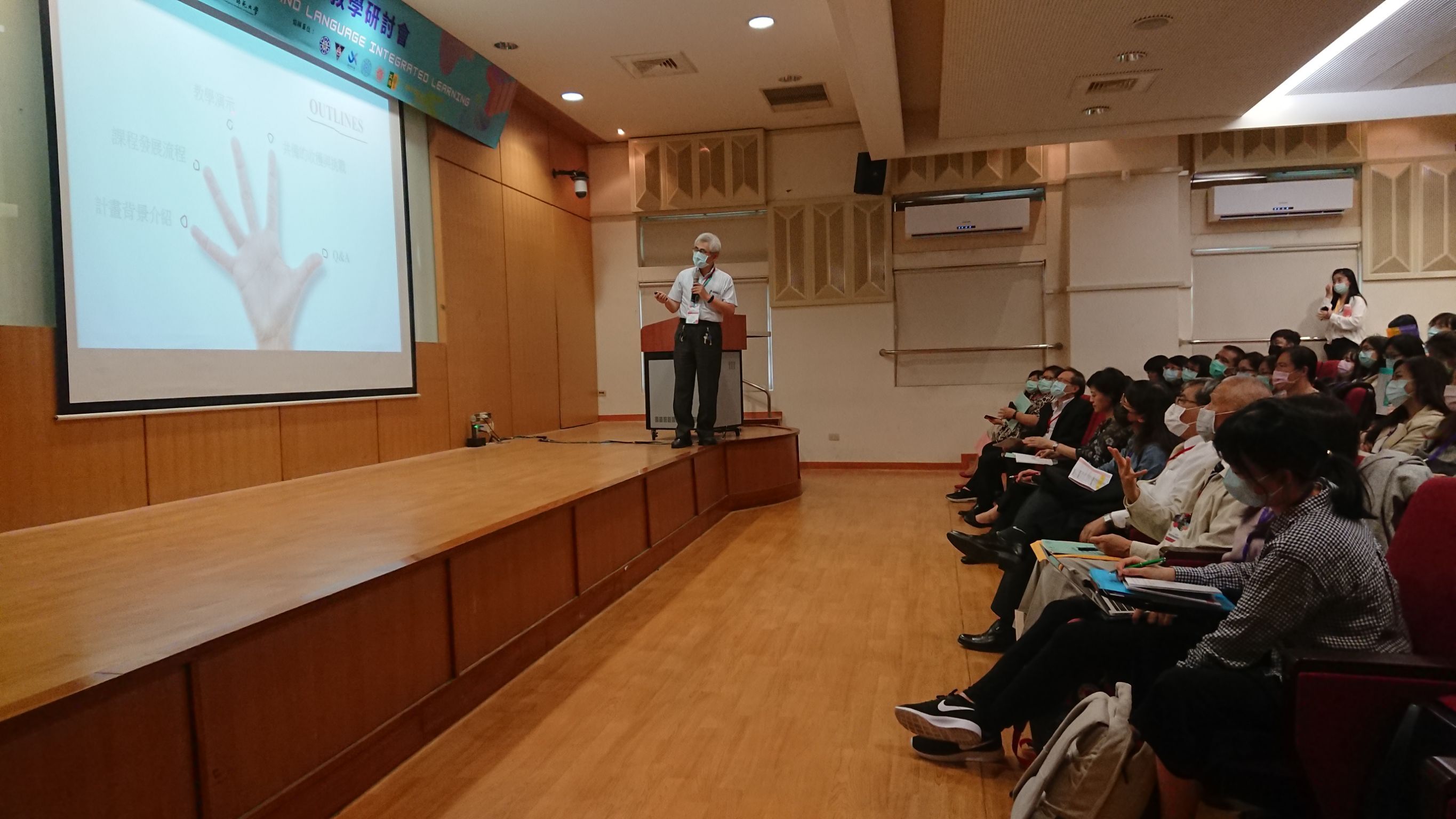
Figure 13: Bilingual Center Seminar on Teaching

Figure 14: CLIL Workshop
6.The Student Psychological Guidance & Counseling Center of NCUE adopts lectures, workshops, and film appreciation activities to encourage students to explore their careers, understand the issues of physical and mental health and well-being (SDG3) and gender equality (SDG5), and guide students to reflect on their interaction with other individuals and build a friendly campus environment. Related courses and counseling activities are as follows:
6.1 Freshman class counseling: In recent years, owing to the pandemic prevention policies, students have experienced a significant reduction in interpersonal interactions for a long period of time around the start of the new school year, which significantly affected the establishment of peer relationships. Therefore, in 2021, freshman class counseling was themed on interpersonal interactions and conflict management, which aimed to help freshmen understand the dynamics and myths of interpersonal conflict, and learn about conflict management strategies and attitudes via interesting activities. The workshop attracted 589 participants.
6.2 Developmental Counseling Program for International Students
|
Number of Participants |
Number of Participants |
Satisfaction rate |
|
Counseling oriented toward international freshmen in 2021 |
41 |
4.28 |
|
Listen to you, talk to me - On interpersonal relationships |
19 |
4.5 |
|
When emotions strike, embrace it or deal with it later on? - On emotional self-care |
18 |
4.57 |
|
From I to we - Relationship exercise |
20 |
4.22 |
6.3 Group counseling activities: Five group sessions were held in the first semester of 2021 with 230 participants and a total satisfaction rate of 4.78.
|
Group Name |
Attendance |
Number of Group Sessions
|
Satisfaction rate |
|
A good companion in conflict - Love growth |
44 |
8 |
4.9 |
|
I. Family stories - Family relationship exploration |
63 |
8 |
4.6 |
|
Stories of sexual orientation: Life narrative for sexual identity |
49 |
10 |
4.8 |
|
Getting out of the inner world together: Interpersonal relationship exploration |
32 |
8 |
4.8 |
|
The unspoken words between you and me - Interpersonal relationship exploration |
42 |
8 |
4.8 |
|
Total/Average |
230 |
42 |
4.78 |
6.4 Career and Learning Counseling Series Activities: In the first semester of 2021, Shou-Chien Kung, a consulting psychologist, was invited to deliver a speech on "Career Exploration: Slash Life for the Generation of Postponed Maturity.” Yu-Ting Huang, also a consulting psychologist, was invited to deliver a speech on "Upgrade Your Learning through Psychology!" For details, please refer to Appendix 17.4.1E.
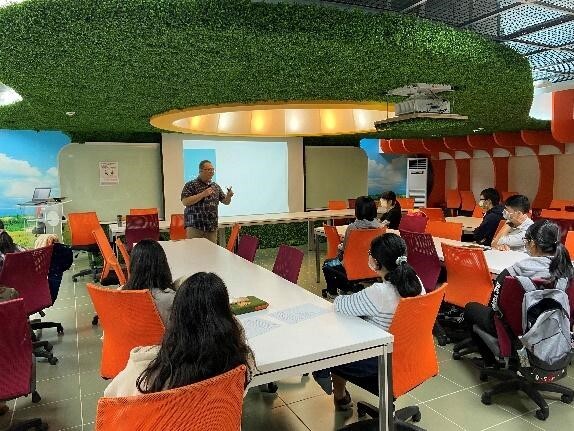
Figure 15: Career and learning counseling series activities
SDGs relevance: 3. Good Health and Well-being, 4. Quality Education, 5. Gender Equality
Appendix:
- 17.4.1A - "Shetou Sock Projects - Innovation, Entrepreneurship, and Creativity" Implementation Highlights
- 17.4.1B - “Committed to Fangyuan Township, Joining Hands with the Big City: Industrial and Environmental Sustainability in the Twin Cities of Changhua" implementation highlights
- 17.4.1C -“Baisha × Common Good Education: Committed to Remote Rural Areas’ Education via Twelve-year National Education” implementation highlights
- 17.4.1D - Diverse learning courses and general studies lectures at the Center for General Education
- 17.4.1E - Counseling and Lecture Activities of Student Psychological Guidance & Counseling Center
